The Best Friend You'll Never Have
I once heard it said that a good counsellor is the best friend you'll never have. I wish I could remember who said/wrote it, but alas, I can't. You'll have to Google it yourself, I guess ;)
I also once heard that if you have good friends, you'll never need counselling. Not sure where I heard that one either (my memory is not what it used to be).
I agree with one of those two sentiments. You'll know which one pretty quickly.
The first one.
Here's why:
1) Think about your best friend. How did you develop your friendship with this person? Likely, a good chunk of your relational development was spent conversing about things that matter to you. The more time you spend with another human being you trust, the closer you become to one another. The closer you become, the more you trust this person.
It is similar with a counsellor. You spend time together. Dedicated time for your counsellor to hear you out. To listen, to help you hash through the really hard, uncomfortable stuff, to not judge, and not go anywhere. You feel unburdened, because you are vocalizing the stuff of life that normally stays hidden. If you are in a position where you have a small support structure in your life, a counsellor can fill an important void.
On the other hand, if we believe the second idea, then the number of friends shouldn't matter, as long as they're good. The problem is, even good friends get tired. Even good friends run out of ability to help. Even good friends sometimes won't tell you what you need to hear if it is not what you want to hear.
2) Part of a best friend's job is to be honest with you, even if it uncomfortable. Your counsellor should be able to do this with you. Even if you have great friends who always tell you the truth, sometimes their delivery options leave a little to be desired. A counsellor should be trained to tell you uncomfortable things in such a way that you believe it is in your best interest, even if you don't believe it right away.
It also makes a difference that your counsellor doesn't know you from any other walks of your life. What a counsellor says to you isn't loaded with the baggage of what he or she said last year at the New Year's party. You should be convinced that what your counsellor says to you is entirely unselfish and solely for your own benefit.
No matter how good your friends are, there is history with each and every one of them, and that history affects how you hear what they say. It affects your interpretation of their meaning. The lack of history with your counsellor (and, as you progress in counselling, the type of history) makes difficult and uncomfortable conversations less so.
3) No matter how close you and your counsellor get in a counselling, therapeutic, working relationship, you will never be friends. It is precisely this seemingly harsh lack of a future that allows such an honest relationship. Your counsellor should not be in any way concerned about his or her own fulfillment in this relationship - it is a one way affair, solely for your benefit. This lack of looking out for one's own interests on the behalf of the counsellor allows him or her to be honest with you about where you are, allows the counsellor to say, with empathic concern, hard truths.
No matter how good your friends are, within any "traditional" relationship, there will always be an element of looking out for one's self. This can prevent complete honesty in a relationship. There is also a real possibility of your very good friend lying to you to protect your feelings. If you are in counselling, generally speaking, your feelings, emotions, and functioning levels are already hurt. They don't need to be protected, they need to be healed. Sometimes that takes a surgery that a friend simply cannot do, no matter how good the friend.
Overall, no matter how many friends you have, or how good they are, or how honest they are with you, there may be an occasion for you to seek out professional help. Find someone that you feel comfortable with, that has a similar worldview to yours, and that you can be honest with because there is a chance you will feel uncomfortable and need to be uncomfortably honest with at some point within the journey.
But that's okay - you've got the best friend you'll never have along for the ride.
